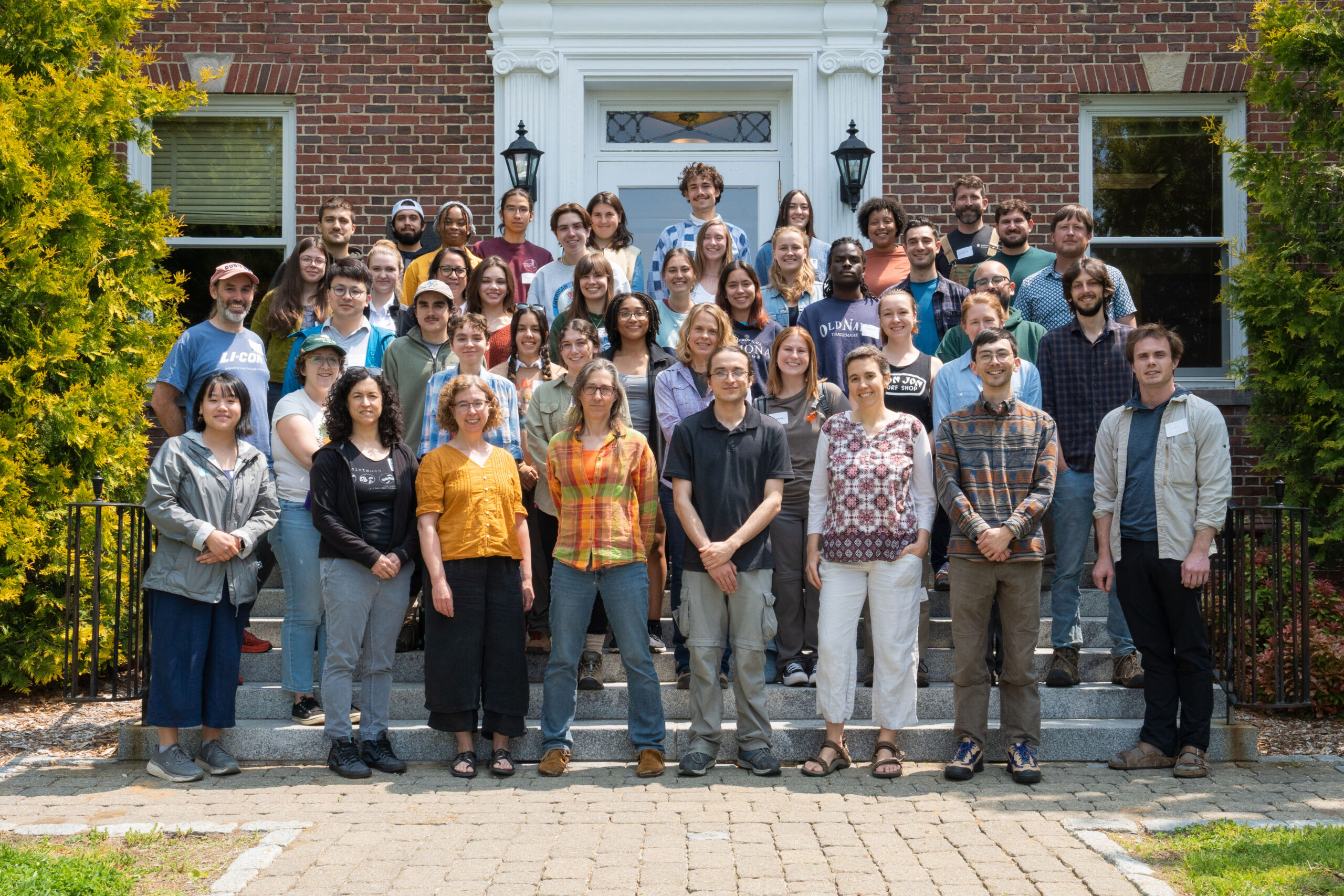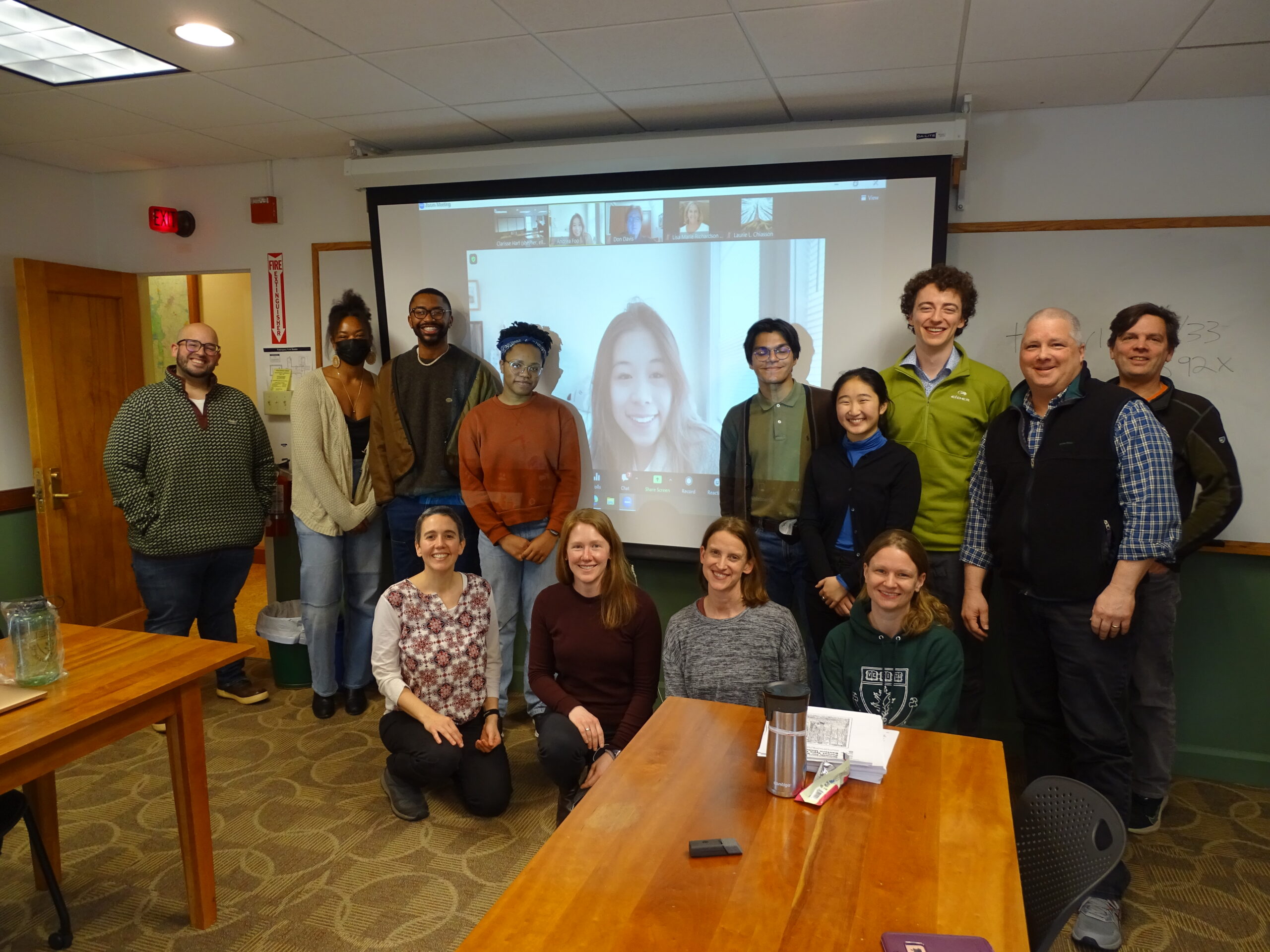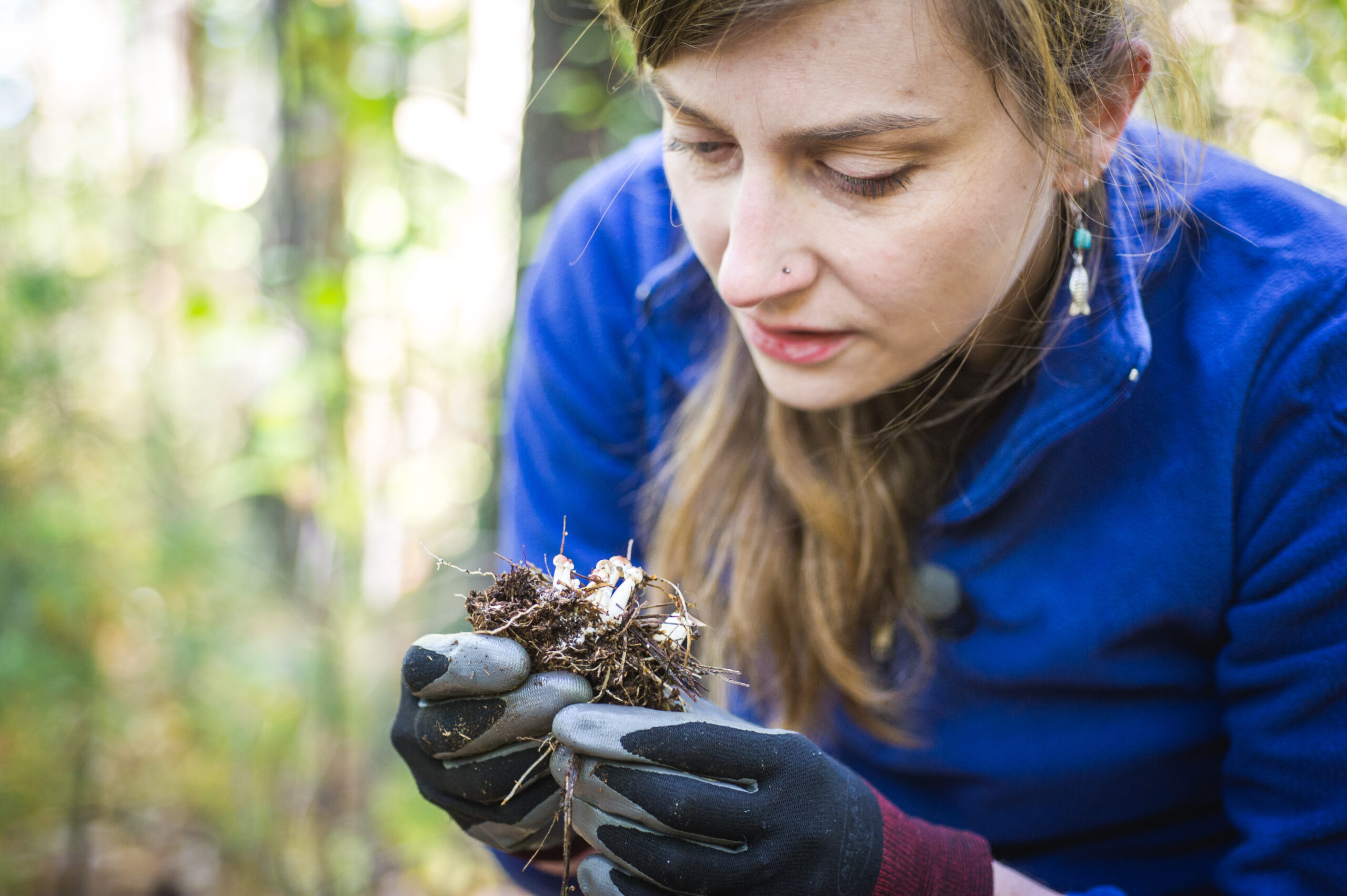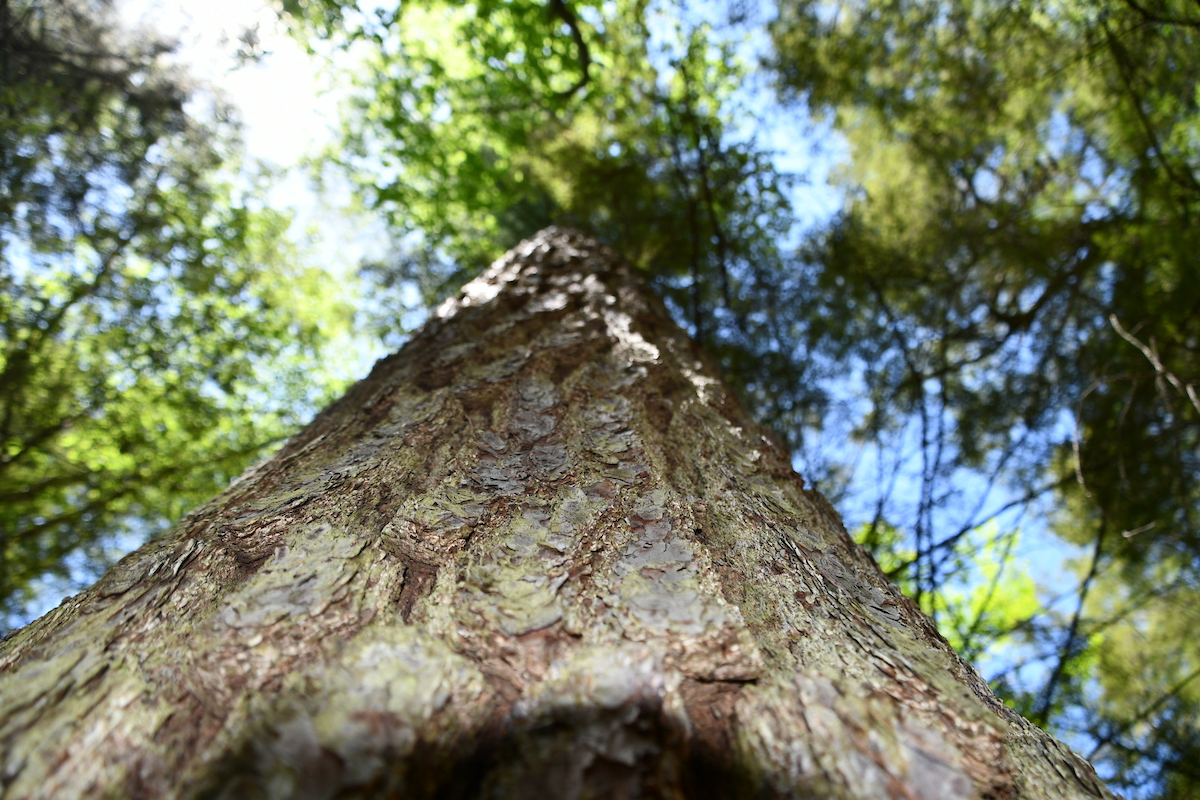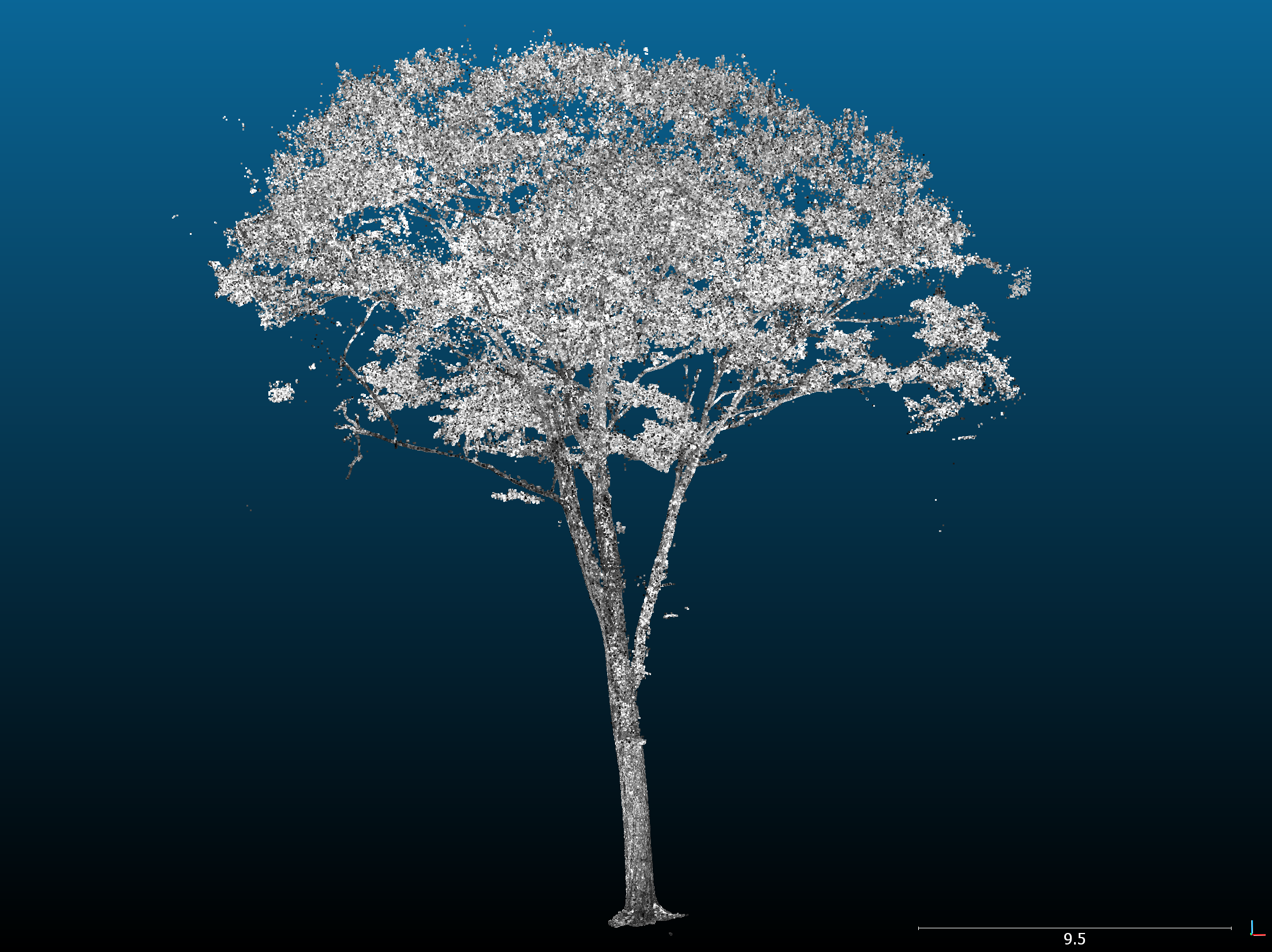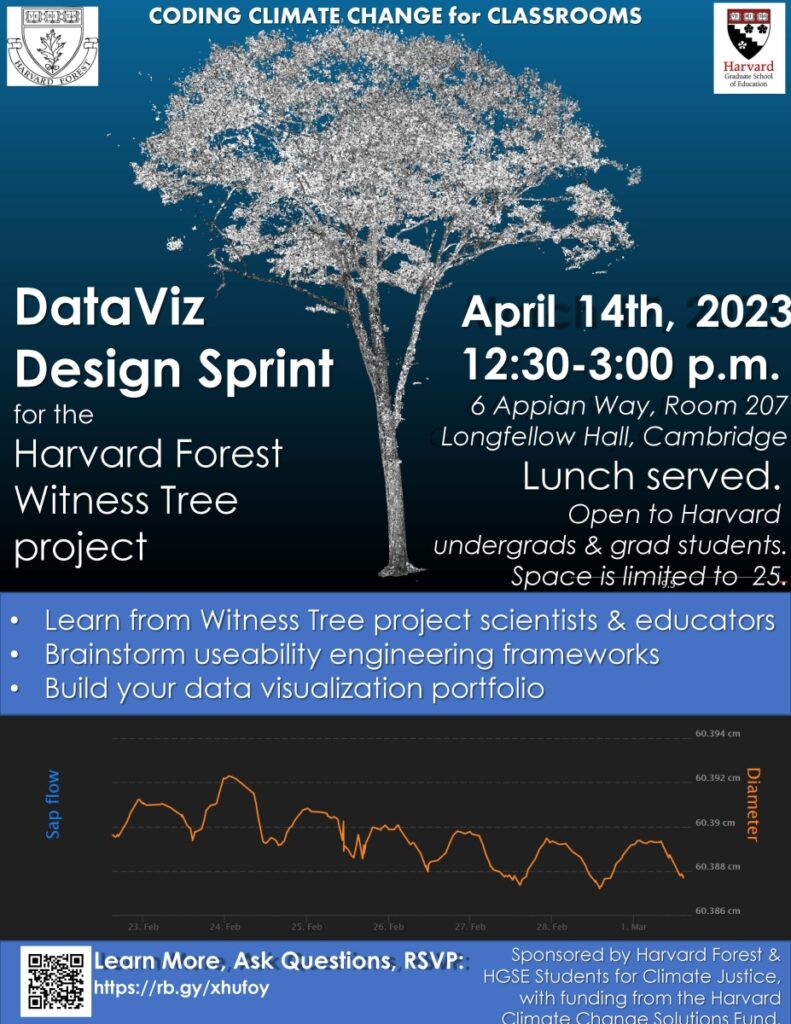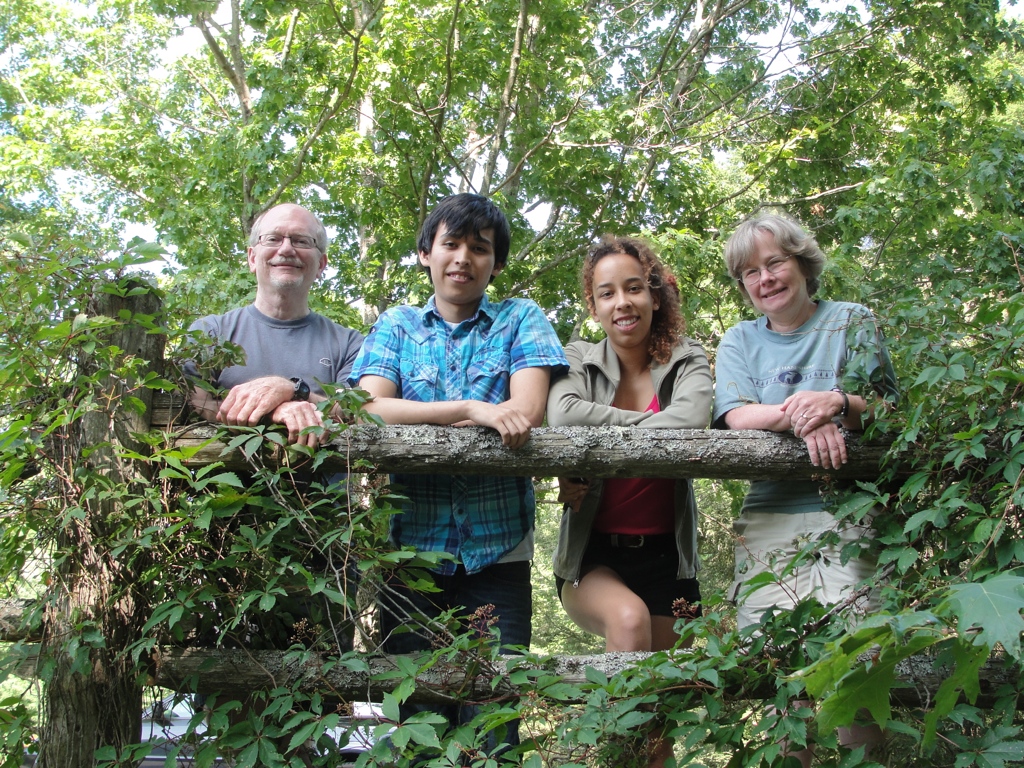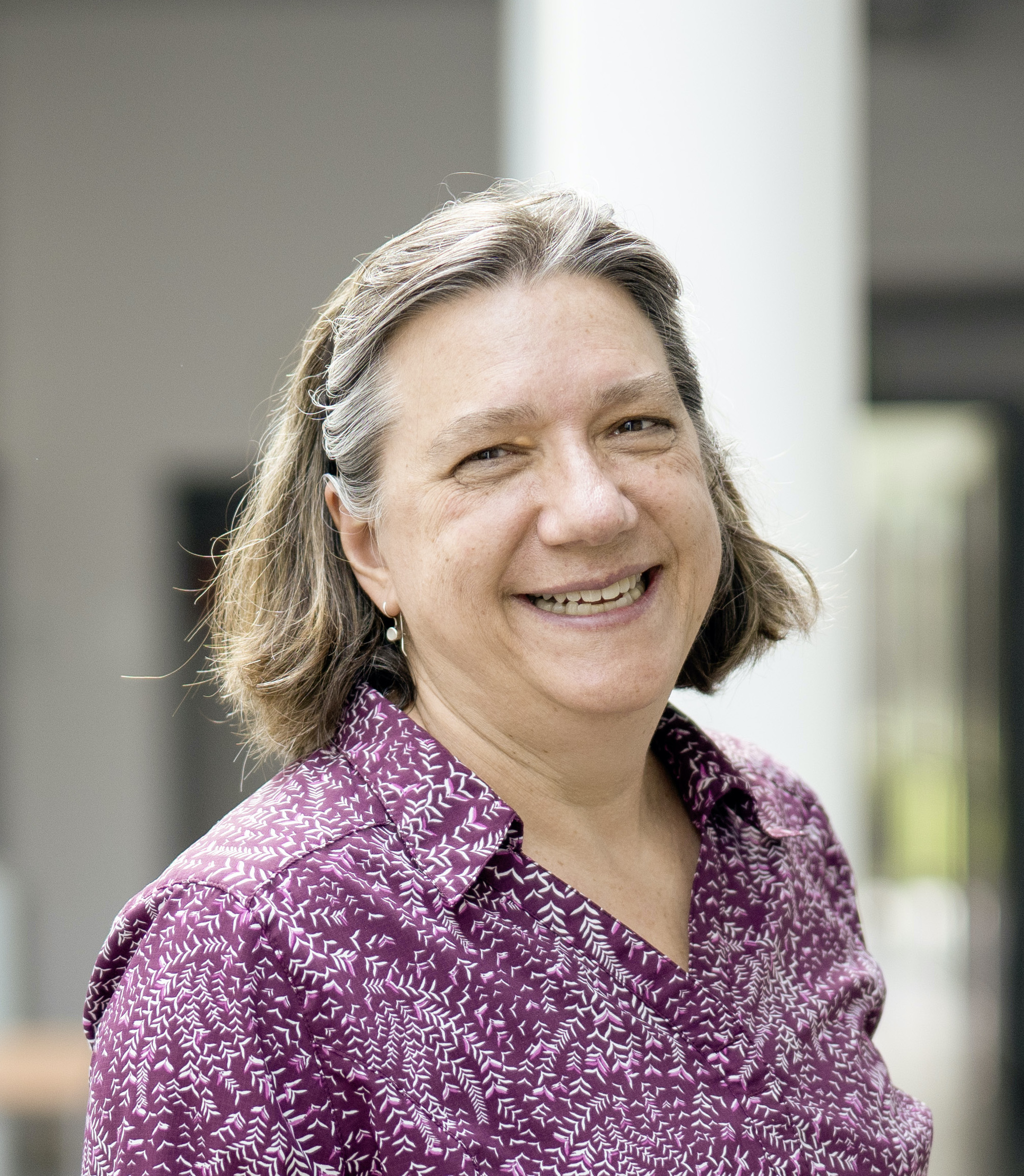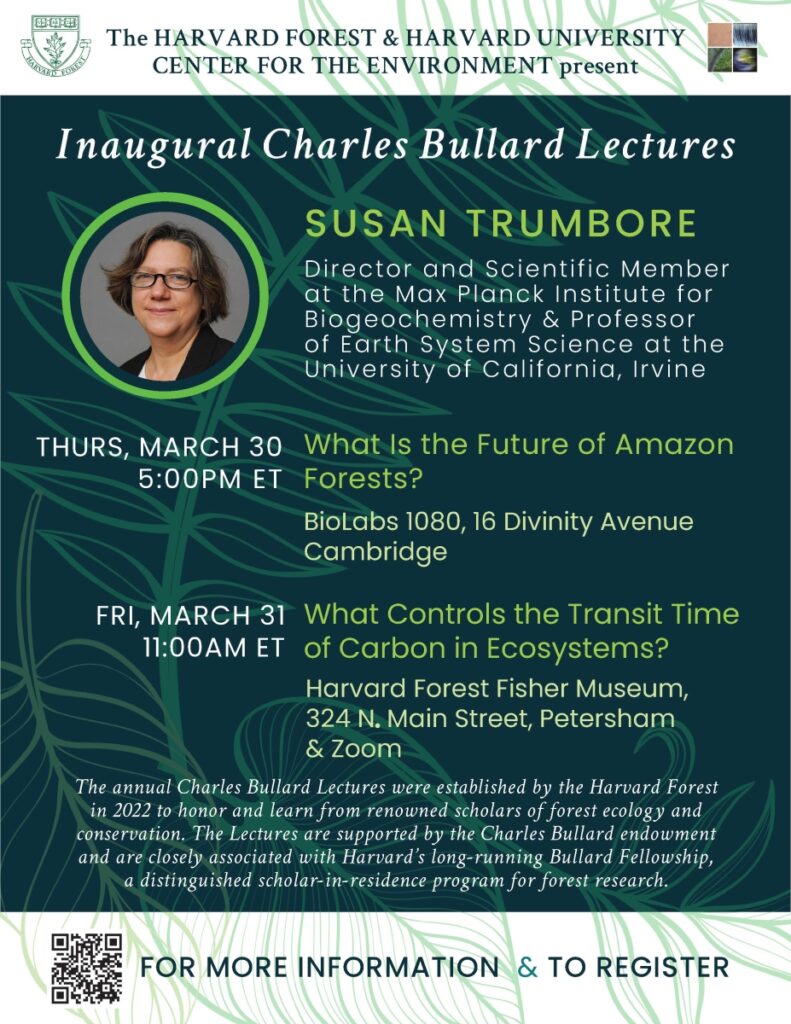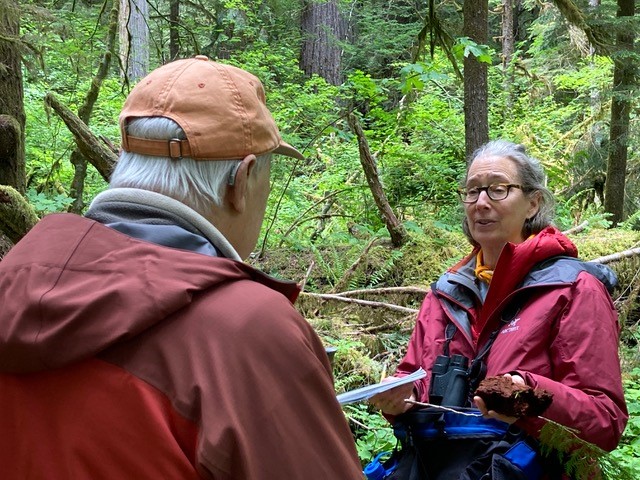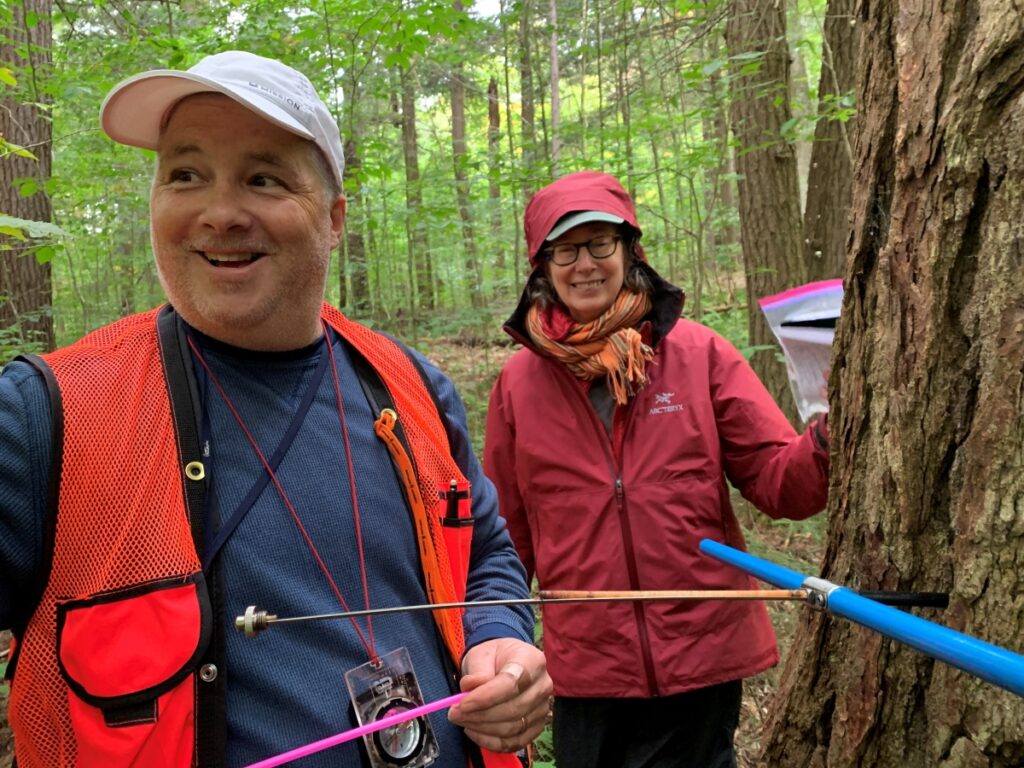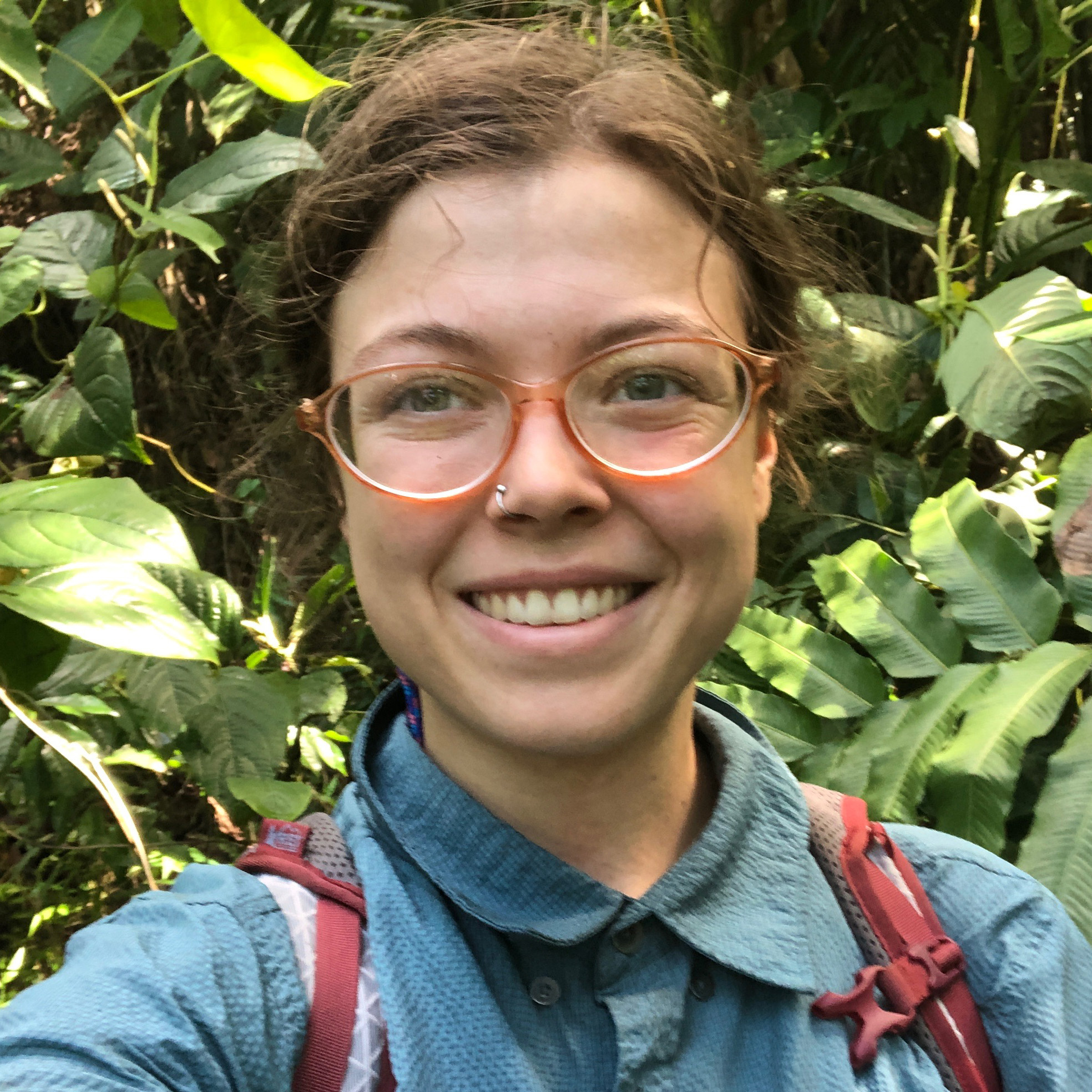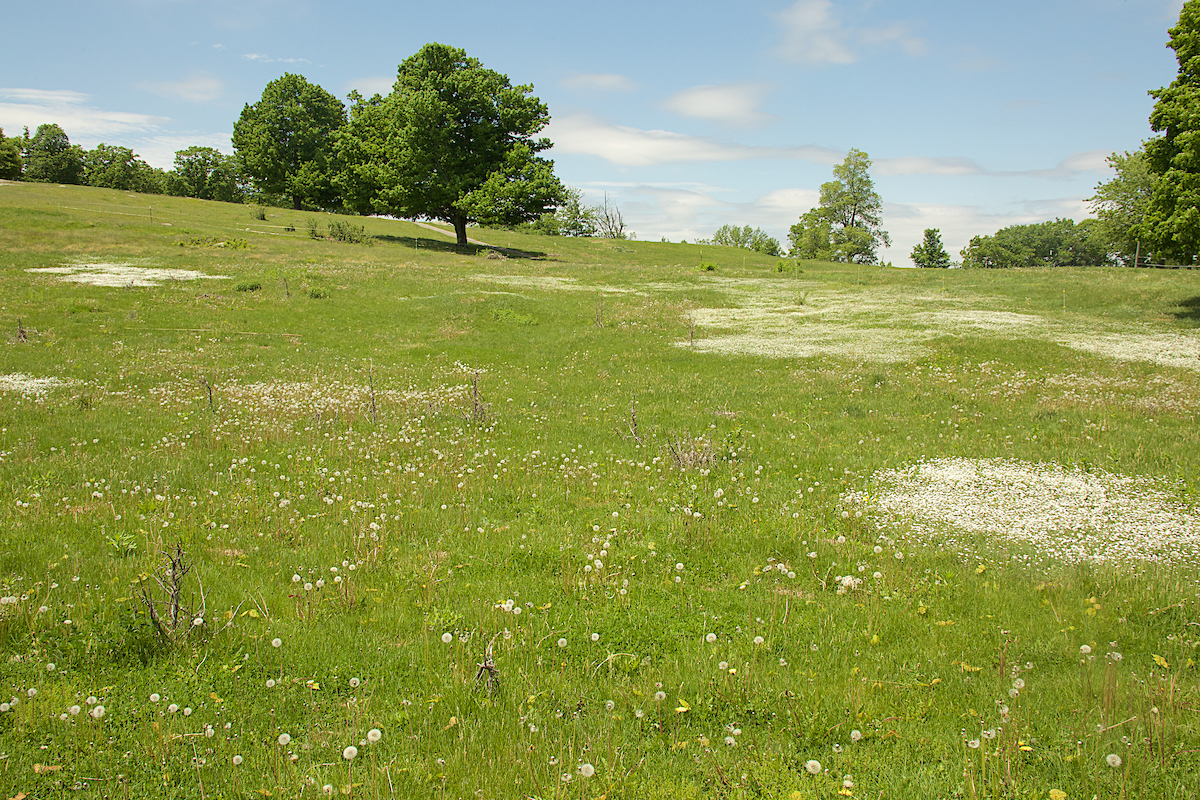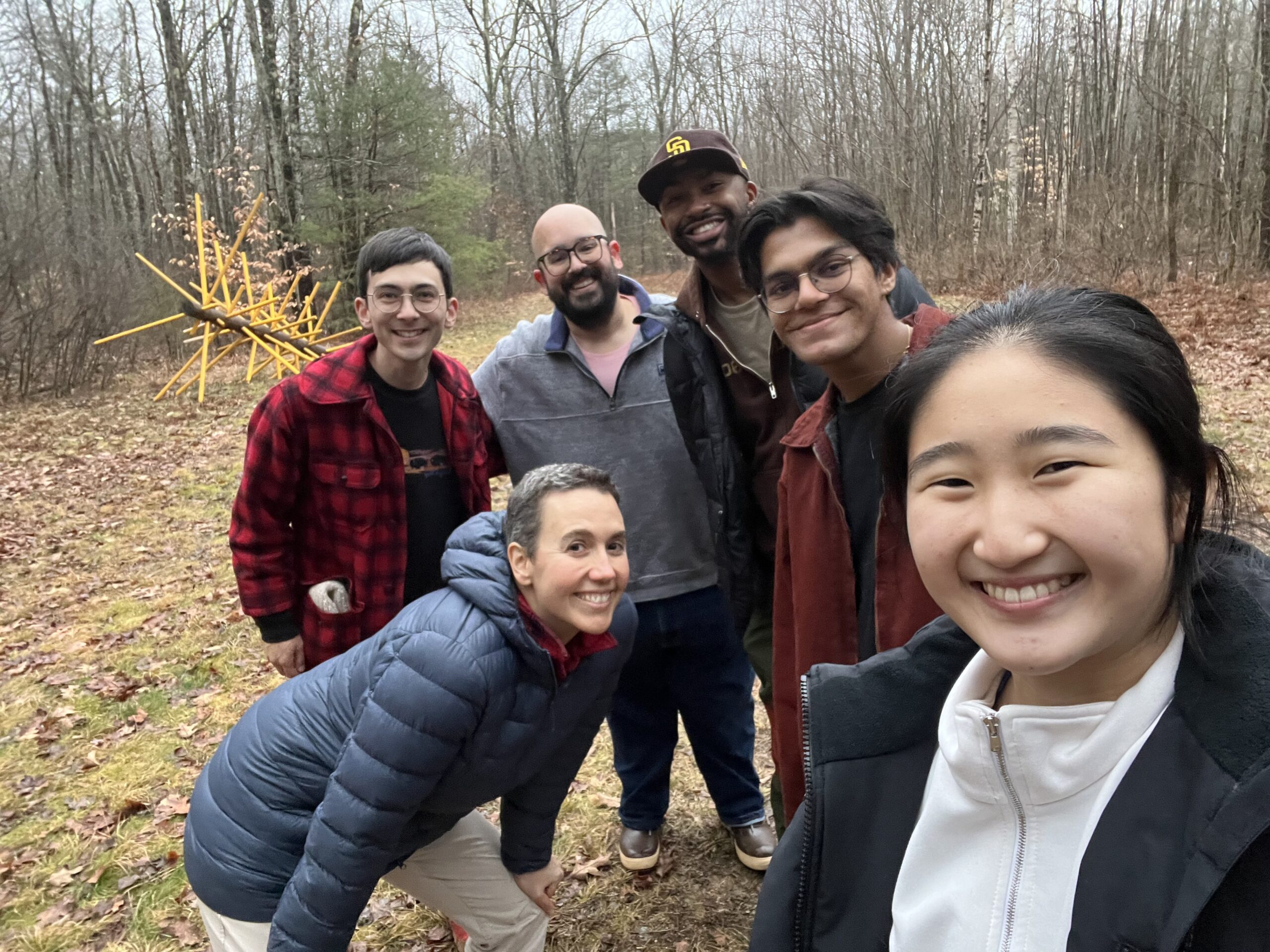This week, in addition to the chorus of tree frogs and the bloom of pink lady’s slippers, 21 undergraduate students arrived at Harvard Forest. Hailing from universities across the country, students began their 11-week Summer Research Program internships in which the pursuit of mentored team projects will span topics that include root microbes, seedling regeneration, forecasting carbon, and amplifying indigenous voices at Harvard Forest.
The program is co-led by Senior Researcher & Site Manager Audrey Barker Plotkin and Higher Education & Lab Coordinator Ben Goulet-Scott. This year’s Program Assistant, Abigayl Novak, has a master’s degree in forest resources and research experience on the recruitment of women in the sciences.
Harvard Forest’s Summer Research Program in Ecology is funded by Harvard University and the National Science Foundation’s Long-Term Ecological Research and Research Experiences for Undergraduates programs.
